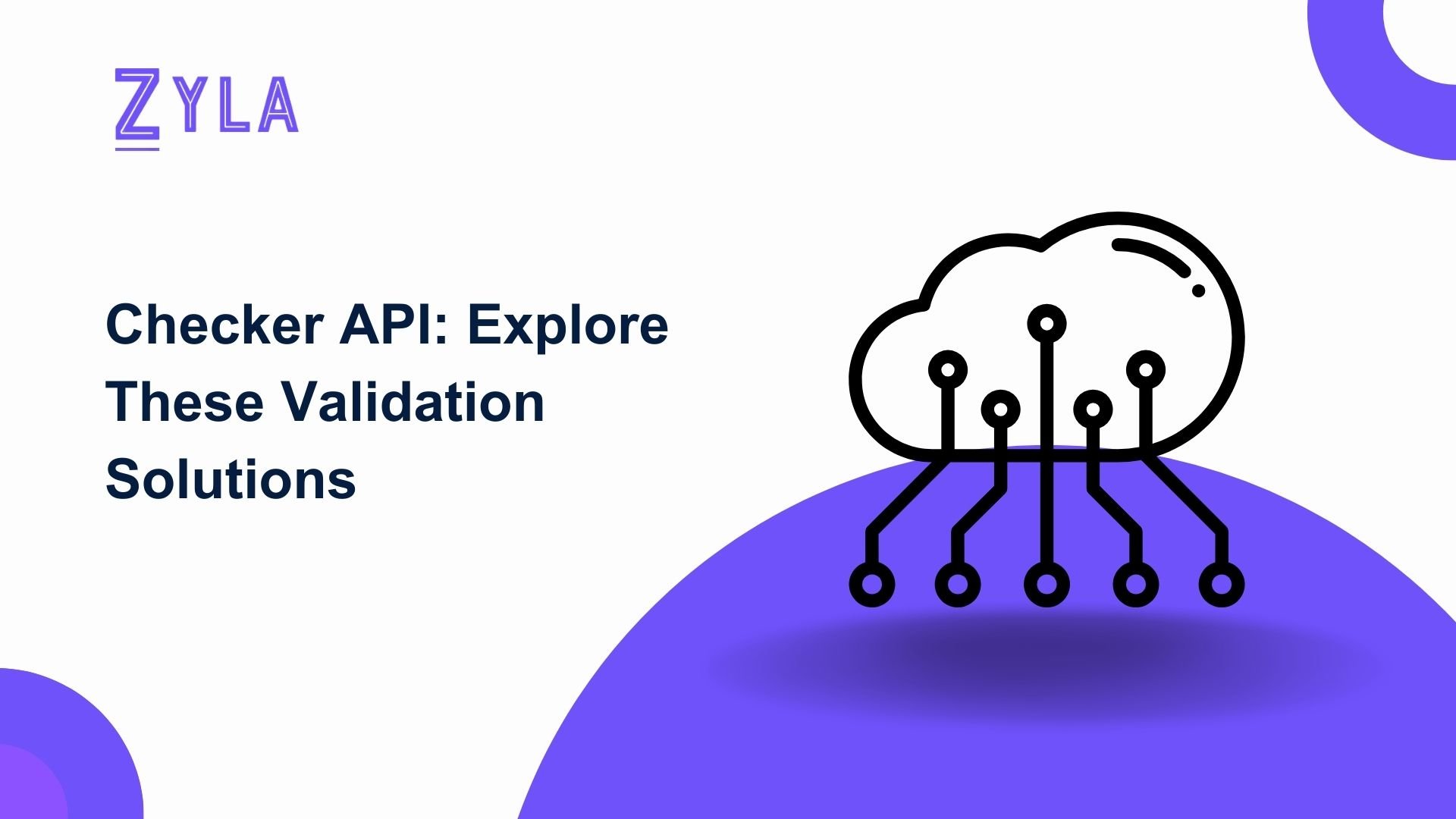Checker API: Explore These Validation Solutions

In the dynamic realm of software development, one cornerstone stands firm: data validation. Ensuring the integrity and accuracy of data inputs is not just a necessity but a fundamental requirement for building robust and reliable software solutions. In this article, we delve into the importance of robust validation solutions and introduce Checker API as a versatile api as a service for tackling data validation challenges.
Verifying that data inputs meet predetermined standards and criteria for accuracy, consistency, and compliance is known as data validation. It acts as software systems' first line of defense against mistakes, inconsistencies, and security flaws. Sturdy validation solutions are essential to the development lifecycle since they guarantee the dependability, security, and usability of software. They make it possible for businesses to provide outstanding user experiences, uphold data integrity, and adhere to legal regulations.
Introduction to Checker API as a Validation Solution
Let me introduce you to a Checker API, a cutting-edge api as a service that makes data validation easier and more efficient. With its user-friendly interface, robust functionality, and extensive validation rules, this tool enables developers to precisely and effectively validate data inputs. Maintaining data integrity and dependability throughout the program lifecycle is the major objective of data validation. Strict validation guidelines can help firms reduce the risk of errors, security breaches, and noncompliance by keeping erroneous data out of their systems.
Challenges Posed by Inadequate Data Validation
Inadequate data validation poses significant challenges for organizations, ranging from compromised data integrity to regulatory non-compliance and reputational damage. Without robust validation solutions in place, organizations risk facing costly errors, security breaches, and legal consequences.
A Checker API stands at the forefront of api as a service, offering a comprehensive suite of data validation tools and functionalities. From basic field-level validation to complex rule-based validation workflows, it provides developers with the flexibility and scalability they need to tackle data validation challenges effectively.
Zyla API Hub
Zyla was established due to the realization that developers face similar difficulties when integrating different APIs into their apps. They want to remove these obstacles by creating an API hub that offers a single account, API key, and SDK. By showcasing the APIs that are currently available and hastening the introduction of new ones, Zyla decided to make its center publicly accessible in an attempt to simplify things for developers.
1) To start testing, choose the API from your dashboard. To access the API's own homepage, just click on its name. All of the API's documentation, endpoints, and usage guidelines are available on this page.
2) Activating an API subscription is the first step towards conducting tests. Take advantage of every single seven-day free trial that is provided. It's crucial to remember that there will only be one hub API available during the trial period. There is a test method in every hub API. There is a testing area on the API page. Select "Test Endpoint" from this menu, then change the parameters as needed.
3) Visit the website to view the test results. You can evaluate the usability and usefulness of the API solution for your project by finding out more. Remember that you are losing some of your subscription each time you use an API request for testing. For further details, look into the dashboard's usage data.





